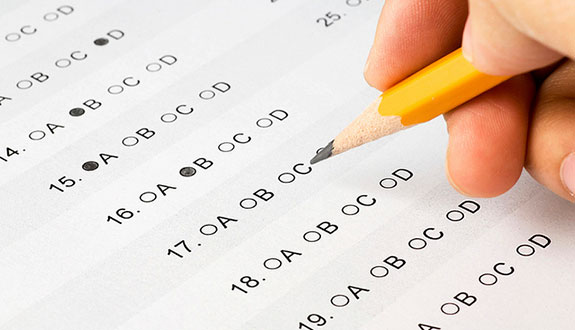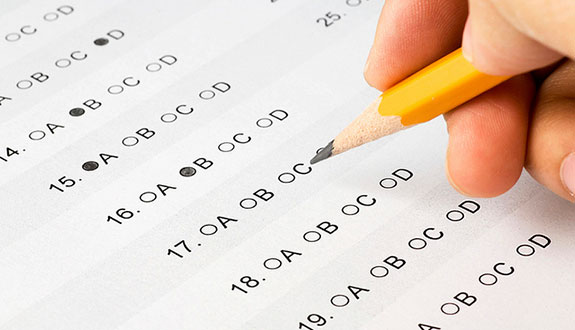What’s LSAT got to do with it?
- by
- Nov 20, 2015
- News, The Bar Exam
- Reviewed by: Matt Riley


As you may have heard, bar passage rates aren’t looking stellar this year, and a lot of people are trying to figure out why and what to do about it.
There aren’t too many concrete numbers that can be examined in relation to bar passage rates – for instance, it’s difficult to compare GPAs across different law schools to determine whether a student’s GPA correlates to success on the bar, because different schools may curve or weigh grades differently. One of the few numbers that can be compared across all law schools is students’ LSAT scores, so it makes sense that some people have investigated that data to determine whether LSAT scores correlate with bar passage.
So here’s the deal: July 2014 was the first time in almost a decade that the percentage of people who passed the California bar fell below 50 (48.6%, to be exact). That’s not good. Meanwhile, the proportion of law students in California who are considered “high-risk” – which refers to students with LSAT scores below 150 – has increased. So, the million-dollar question is: Are students with lower LSAT scores, on average, less likely to pass the bar?
LSAC – which, as anyone who has studied for the LSAT knows, is ever-cautious – has said that the LSAT is a strong predictor of first-year law school performance, but doesn’t go so far as to say that the LSAT predicts bar passage. At least one study has found that law school grades are actually a better predictor of performance on the bar. And of course, many of the law schools that admit students with sub-150 LSAT scores argue that other things are more indicative – for instance, Dean Penelope Bryan of Whittier Law School told the Los Angeles Times that bar prep courses are better predictors of her students’ success.
So the jury’s still out on whether the LSAT is a good predictor of the likelihood of passing the bar. (And it should be noticed that we’re speaking entirely in averages here – it’s certainly possible that someone who performed very well on the LSAT might not pass the bar, or vice-versa.) What we do know is that studying for the LSAT can alter brain structure and improve deductive reasoning skills (oh yeah, and that study was conducted using Blueprint LSAT Prep students – no big deal, y’all).
Even though – as many a pre-law student has bemoaned – the LSAT doesn’t appear to have anything to do with actually practicing law, it’s still a useful test in many ways (including, but not limited to, its predictive ability for first-year law school performance). It’s too soon to say how (or whether) LSAT scores relate to success on the bar exam, but they are certainly a factor worth considering.
Search the Blog

Free LSAT Practice Account
Sign up for a free Blueprint LSAT account and get access to a free trial of the Self-Paced Course and a free practice LSAT with a detailed score report, mind-blowing analytics, and explanatory videos.
Learn More
Popular Posts
-
logic games Game Over: LSAC Says Farewell to Logic Games
-
General LSAT Advice How to Get a 180 on the LSAT
-
Entertainment Revisiting Elle's LSAT Journey from Legally Blonde








